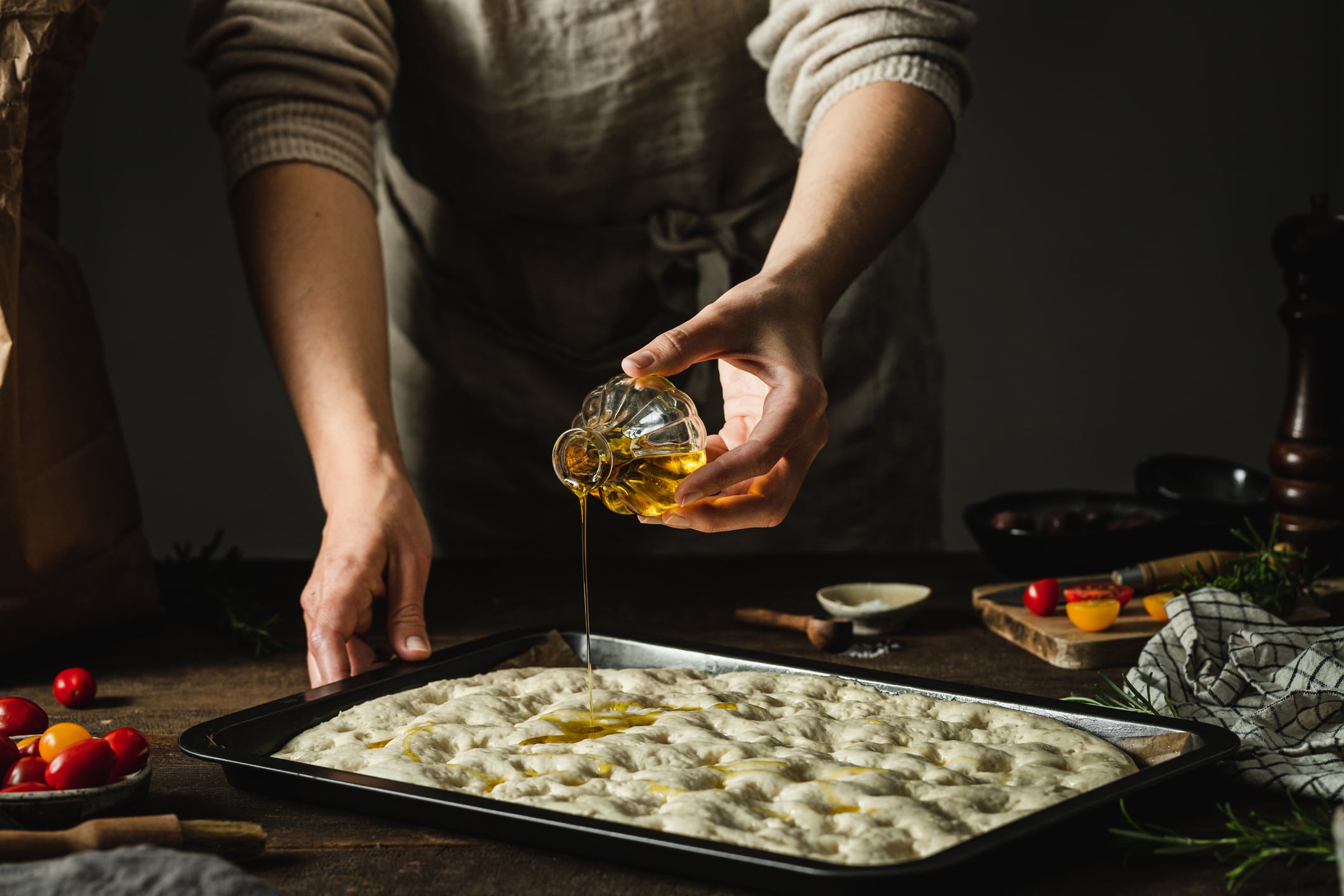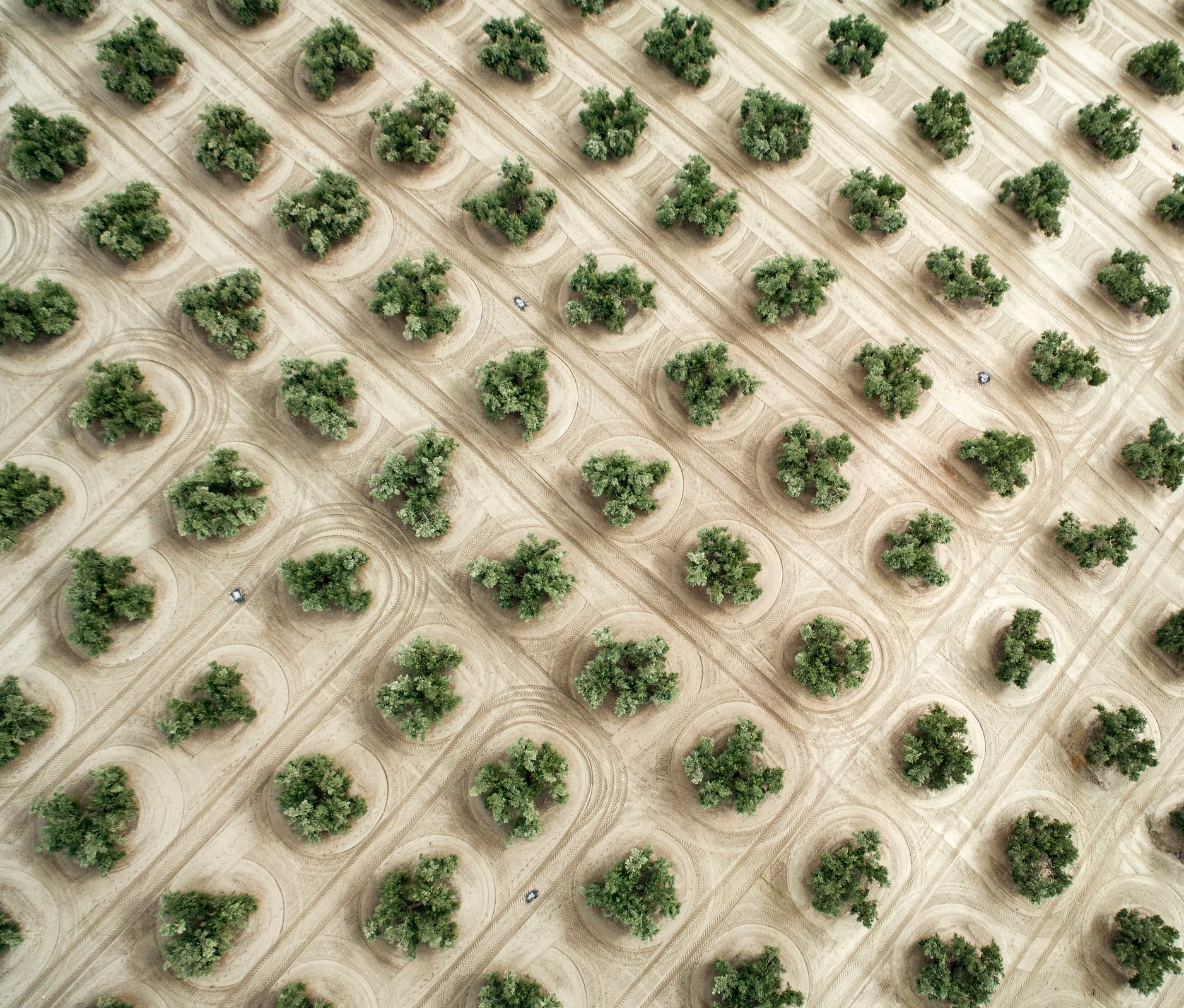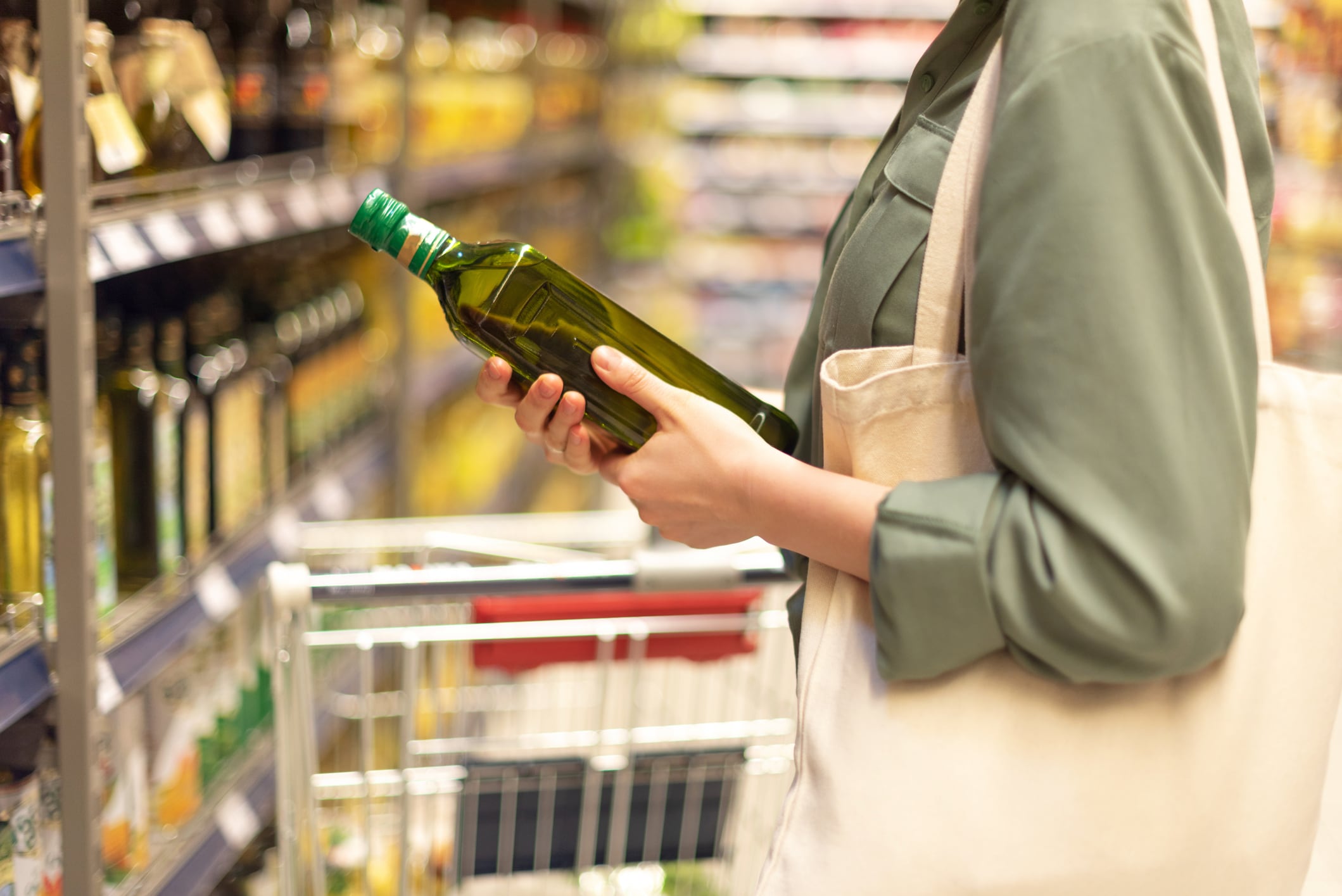When specialist direct-to-consumer olive oil company Citizens of Soil secured €2.1m of funding, founders Michael and Sarah Vachon said they’d, among other areas, focus on NPD.
But what does new product development and innovation look like in olive oil? And how can a business flex up creativity in a category that’s as simple as oil in a bottle?
It was big news in the olive oil world when Citizens of Soil secured major seed funding through FIGR Ventures. “There was a lot of excitement when the news was released,” says Sarah Vachon.
The money will be used develop new formats, forge new relationships and expand its direct-to-consumer across the world.
There are elements inside extra-virgin olive oil that essentially make it liquid gold
Sarah Vachon, Citizens of Soil co-founder
But it’s Vachon’s approach to NPD that garnered industry interest, especially as the category follows a very standard – arguably lacklustre – formula when it comes to product and packaging innovation.
“We approach NPD in different ways,” she says. “The liquid in the bottle is one thing, but then there is format, which we’ve focused on from the very beginning.”
Citizens of Soil, which was launched in 2021, has experimented with pouches and on-shelf grocery refill pouches. For samples, it utilises zero-waste, single-use pipettes made from seaweed.
“Packaging has to look beautiful and premium and that’s because of our price point,” she explains, adding the business works with carefully selected olive growing specialists. It’s a craft with lots of skill and care behind it.
There has also been bag-in-box formats and ways for consumers to refill their bottles with product from pouches.
Olive oil innovation
When it comes to what’s on the inside of the bottle, innovation isn’t about adding flavour or other components – such as vinegars, herbs, truffle or garlic.
Vachon believes the innovation comes from how the product is grown, sourced and pressed. From the associated health benefits of olive oil and things like polyphenol count.
“There are elements inside extra-virgin olive oil that essentially make it liquid gold,” she explains. “You can essentially pull different levers in the production or labelling to deliver different things, like anti-inflammatory.”
Rising consumer trends such as gut health are having a positive impact on olive oil’s reputation, she says.
“We are looking at the overall value of our products, so how do you get value from olive oil that is expensive and intensive to make a great quality one, especially as we’re working with specialist farmers.”
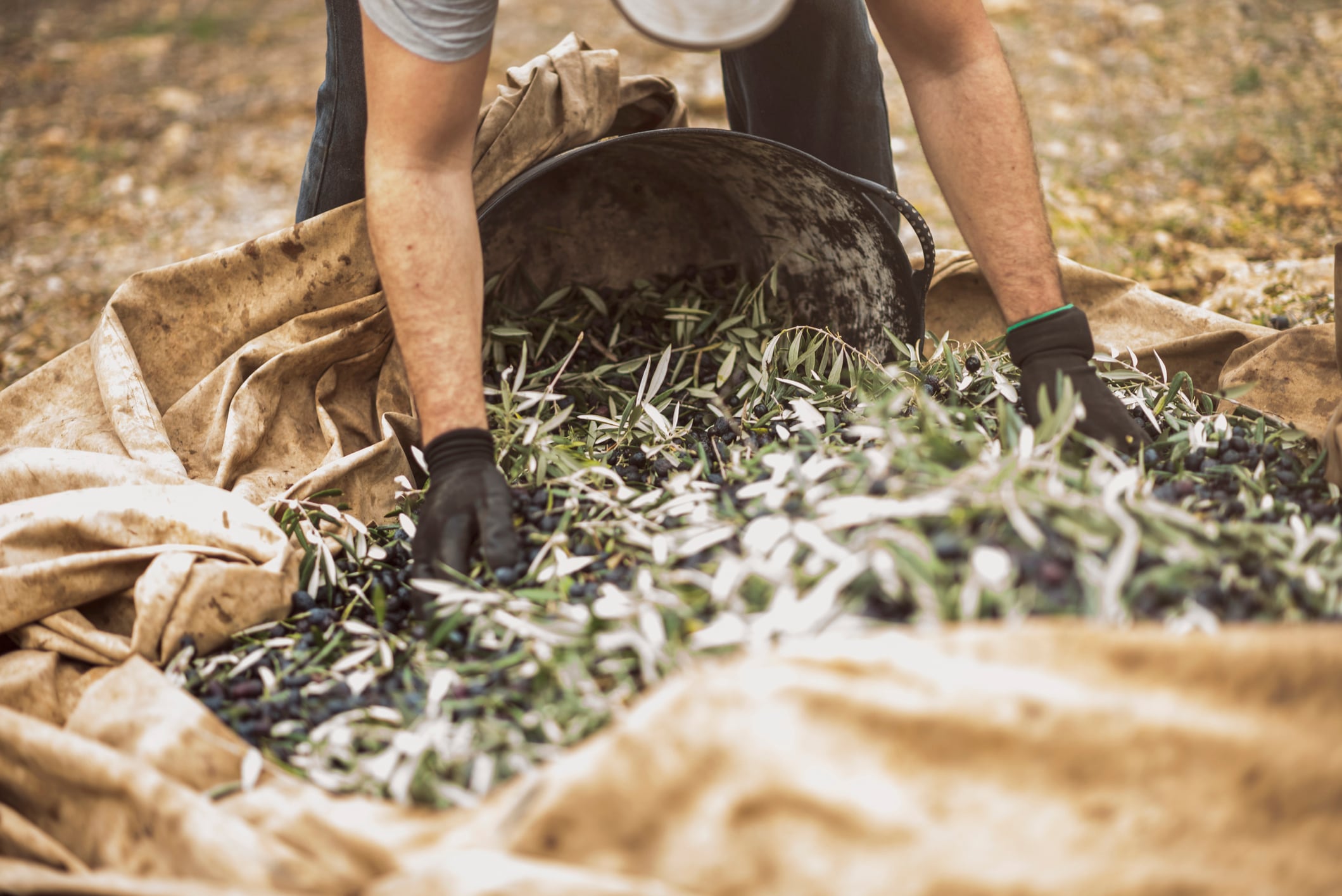
Giving a focus to the terroir, the story, the fact that the oil is from processes that elevate function and flavour within the products are all added value.
“People often talk about how expensive extra-virgin olive oil is, but when they’re paying £5 for a coffee everyday or £20 for a bottle of wine that’s only lasting a night, it’s perspective," she argues.
“The problem with olive oil currently is it sits with cooking oil. Extra-virgin doesn’t belong in that category. But in the supermarket it sits next to something that’s highly processed and to me that’s like putting fresh pressed juice next to a can of soda.”
Price is a factor affecting consumer uptake of the product, she admits. The category has had a difficult time, with crop shortages due to poor growing conditions.
Prices are set to come down, with brands like Filippo Berio citing visible reductions within weeks.
However, while Vachon does agree cost to consumers will be lower for those buying from the “big commodity players”, smaller producers can’t afford to cut so much or at all.
Big food supporting olive oil
“Independent growers and producers can’t bring prices down, they believed that the prices were always too low. It’s 50% labour costs in most of these markets in the last few years, there’s also the energy cost,” she argues.
“I don’t think that the price will be lowered, this is globally from Brazil to the Middle East. I think price is going to have to be educated on, for consumers to pay a little bit more.”
Education is a food and drink industry sticking point. Though when it comes to olive oil, Vachon says the sector has long been discussing how it can level-up consumer knowledge.
“I think taking a leaf from what the natural wine movement has done, and also the coffee movement. They’ve done it based on quality, perception and provenance,” she says.
Such categories have taken consumers on a journey, showcasing where and how things are produced, putting a name on a bottle or a pack to show it was made by a real person.
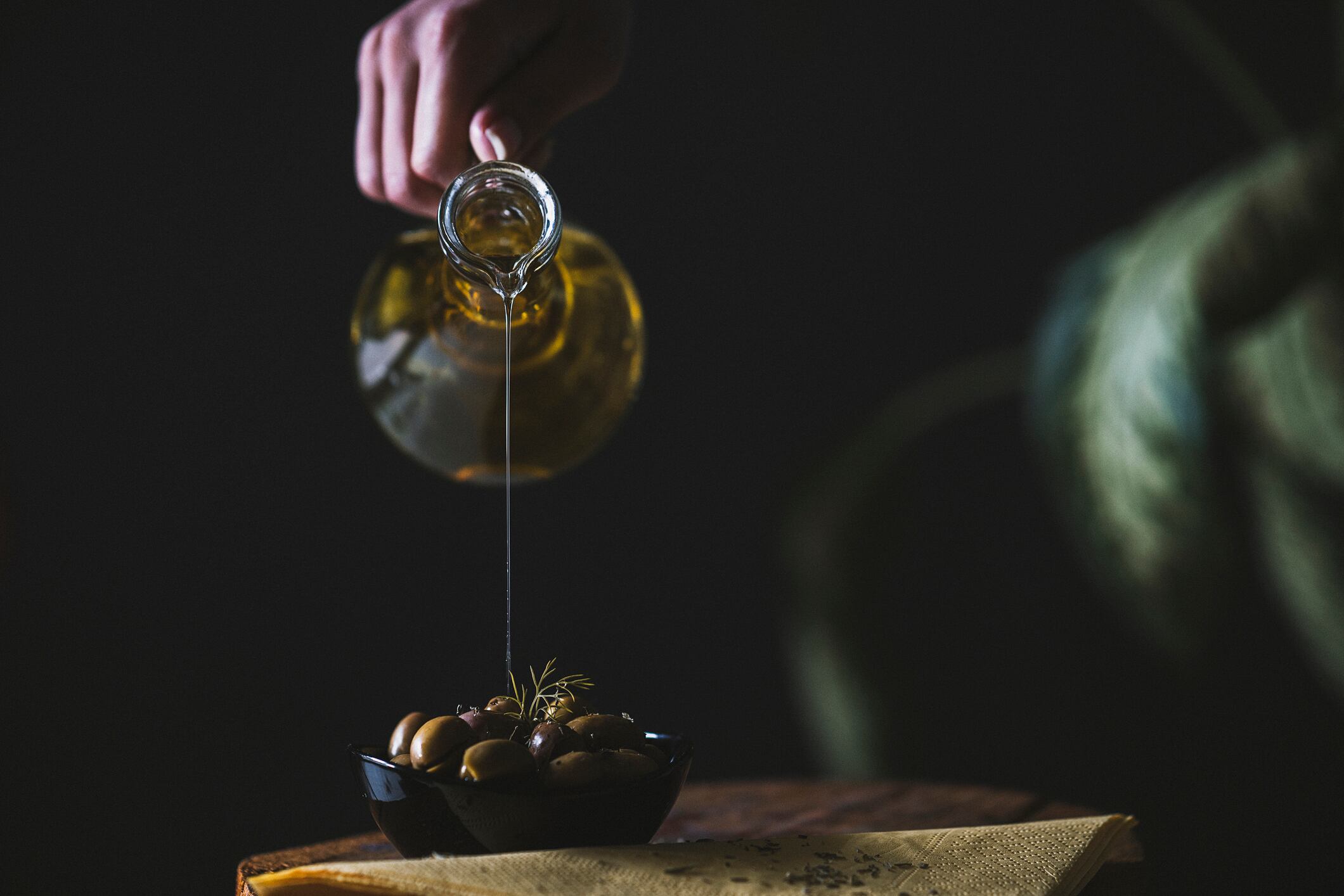
“The customer then educates themselves,” she adds. “They just absorb that info. I think a lot of it is just being open and that’s how artisan and smaller producers can win out.”
Is there space for big food to come into the artisan side of olive oil? Of course, Vachon believes there is and says the future of the sector is reliant on more support from big food companies.
There are vast areas of olive groves abandoned that could be turned into productive farms and help to avoid supply issues, while providing jobs for communities.
“I have this business and I’m passionate about olive oil,” she says. “But I want to lift up the whole industry, we don’t use certain producers for some reasons, but that doesn’t mean they’re not fantastic and I will celebrate and recommend them.
“We’re only small and can grow, but the likes of Unilever can have a massive impact on these regions that are dying because no one is buying and investing.”


